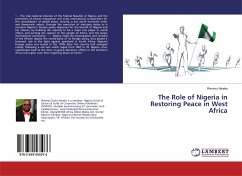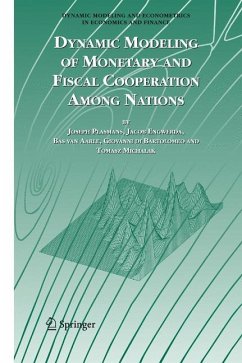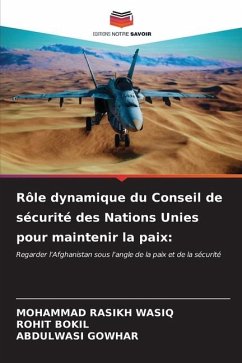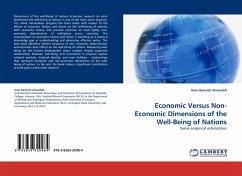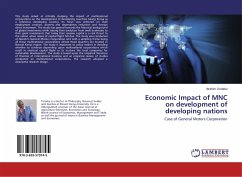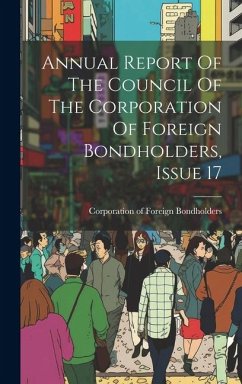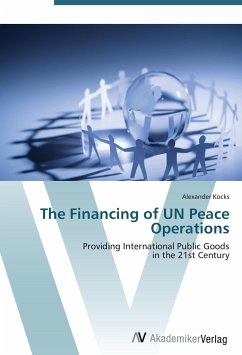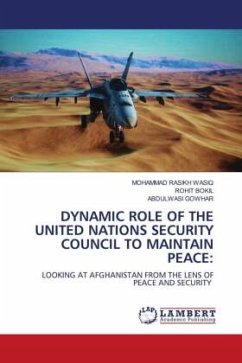
DYNAMIC ROLE OF THE UNITED NATIONS SECURITY COUNCIL TO MAINTAIN PEACE:
LOOKING AT AFGHANISTAN FROM THE LENS OF PEACE AND SECURITY
Versandkostenfrei!
Versandfertig in 6-10 Tagen
53,99 €
inkl. MwSt.

PAYBACK Punkte
27 °P sammeln!
In a world of geopolitical complexities, the United Nations Security Council stands as a beacon of hope for global peace. From historical foundations to contemporary practices, it unravels the Council's mission to uphold stability in this pivotal region. This book delves into the intricate interplay between the Security Council's powers, practices, and its resolute mission to maintain peace in Asia. It traces the evolution of collective security efforts, scrutinizes membership dynamics, and dissects peacekeeping mechanisms. With a special focus on Afghanistan, this book sheds light on the Coun...
In a world of geopolitical complexities, the United Nations Security Council stands as a beacon of hope for global peace. From historical foundations to contemporary practices, it unravels the Council's mission to uphold stability in this pivotal region. This book delves into the intricate interplay between the Security Council's powers, practices, and its resolute mission to maintain peace in Asia. It traces the evolution of collective security efforts, scrutinizes membership dynamics, and dissects peacekeeping mechanisms. With a special focus on Afghanistan, this book sheds light on the Council's vital role in pursuing peace. Through case studies and analysis, it highlights the complex interplay between state sovereignty and the imperative to safeguard human rights.



